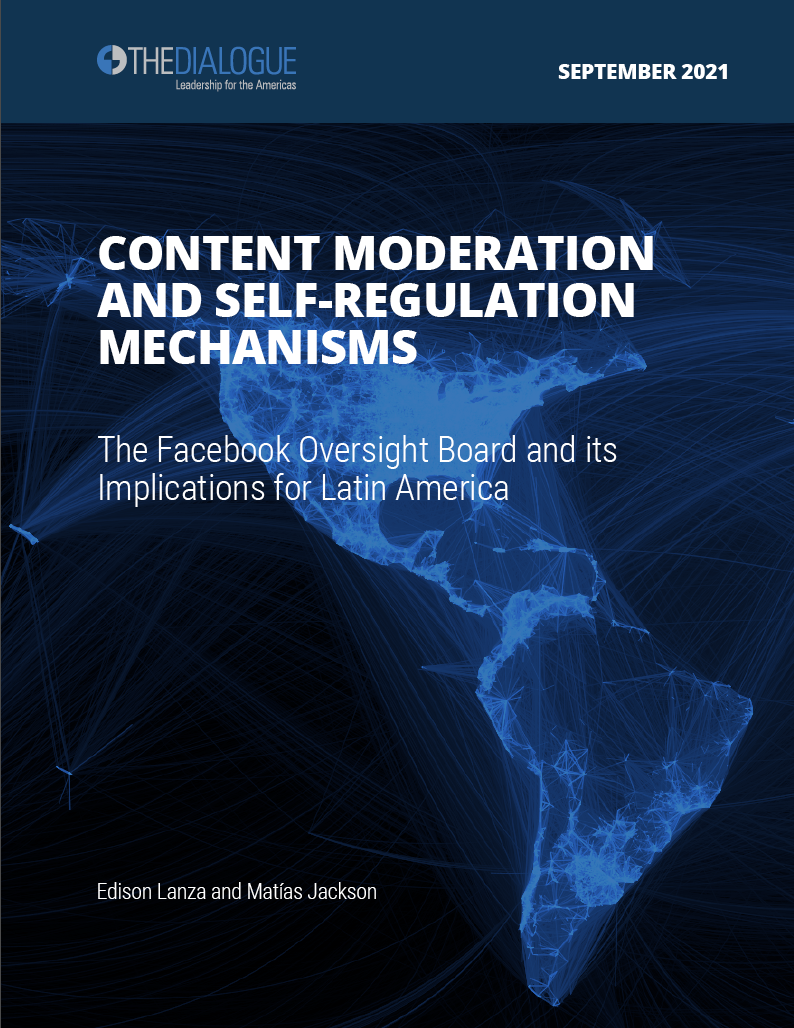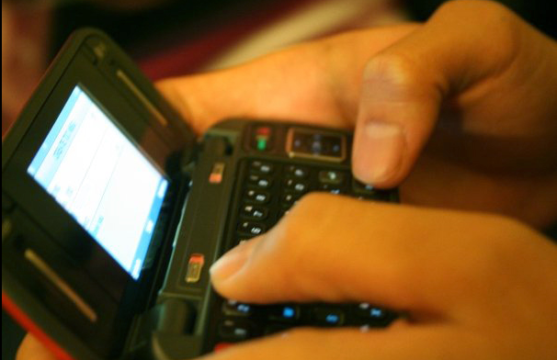
Violence & Impunity: Protecting Journalists in Colombia & Mexico
Violence against journalists is fortunately uncommon in many Latin American countries. But in some parts of the region it is of great concern.
This post is also available in: Español
The role of social media in influencing public discourse is one of the most challenging issues for freedom of expression today. This report from the Peter D. Bell Rule of Law Program describes the main points of interest regarding the operation of the Facebook Oversight Board (FOB) and the inclusion of international human rights law in its decisions, with special emphasis on its impact on freedom of expression in Latin America. It closely examines some new aspects of this appeal mechanism in response to complex or controversial decisions of content moderation carried out by the main platforms for the circulation of information.
This analysis also covers the viewpoints and challenges observed by experts and civil society regarding the nature of this type of self-regulation mechanism; it takes an in-depth look at both the impact that the FOB and other non-state mechanisms could have on local judicial decisions and at the legal discussions taking place in the region around content regulation on digital platforms. The report also addresses the need for dialogue between the region and the Inter-American Human Rights System on this issue.
The FOB should not be expected to be the only form of accountability in response to the growing impact of these private companies on public debate. Due to its administrative costs and complexity of operation, the FOB is not transferable to just any internet platform. For this reason, stakeholders in internet governance, civil society and industry associated with these platforms should explore other appeals mechanisms adjusted to different contexts.
Finally, some recommendations are provided for different stakeholders in the Latin American region to encourage public debate framed by international human rights standards.
Governments
Facebook Oversight Board
Platforms
Civil Society
Edison Lanza is a non-resident senior fellow for the Peter D. Bell Rule of Law Program and the former Special Rapporteur for Freedom of Expression at the Inter-American Commission on Human Rights. Matías Jackson is a Uruguayan lawyer and assistant professor on Technology Law for the University of the Republic of Uruguay.
Follow our report online with #LatAmOversightBoard.
This report is made possible thanks to support from the Facebook.
Violence against journalists is fortunately uncommon in many Latin American countries. But in some parts of the region it is of great concern.
The US State Department is fostering new methods of engaging directly with Latin American citizens.
USAID created and operated “ZunZuneo,” a communications network aimed to destabilize the Cuban government.
 Dunk / Flickr / CC BY 2.0 / https://bit.ly/3grOI5B
Dunk / Flickr / CC BY 2.0 / https://bit.ly/3grOI5B
